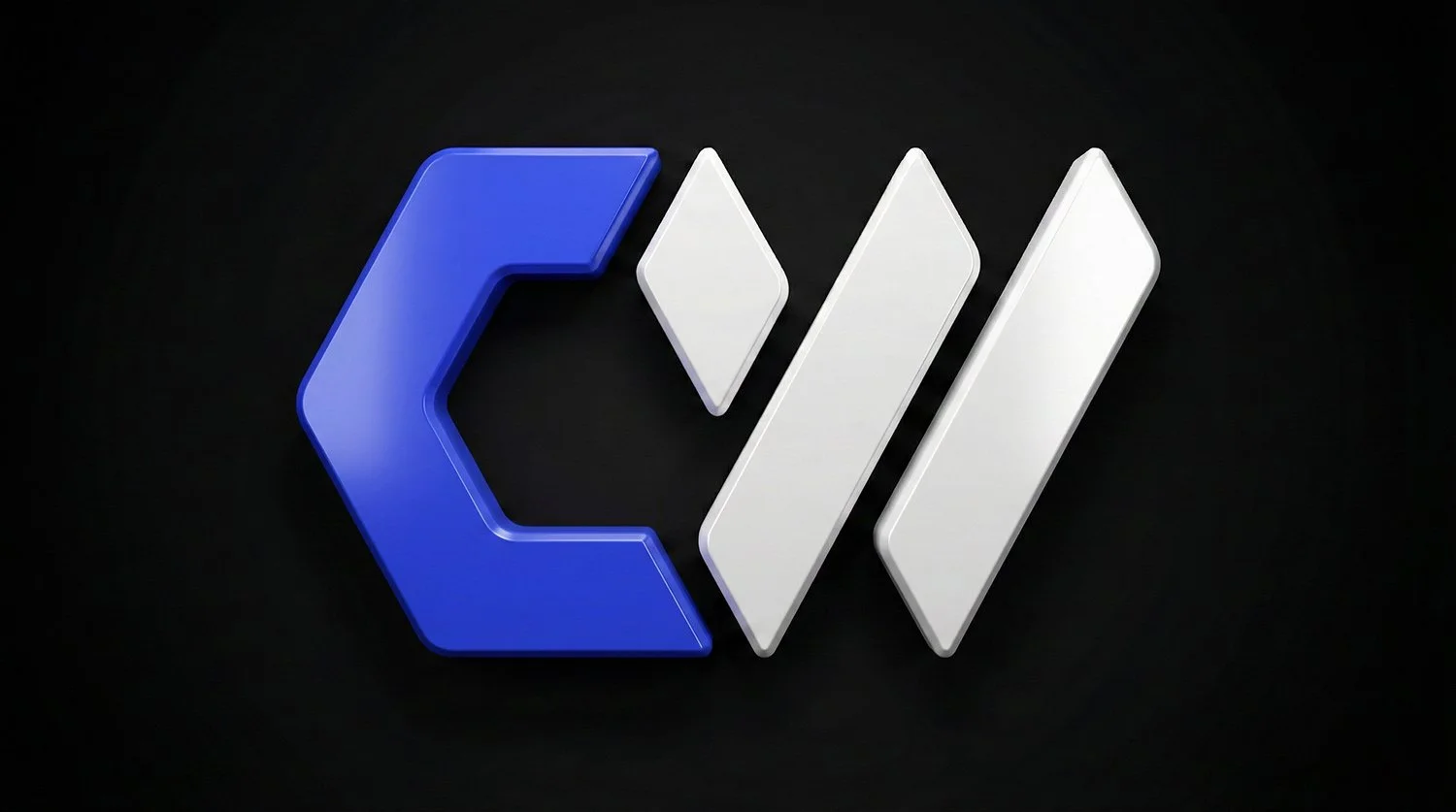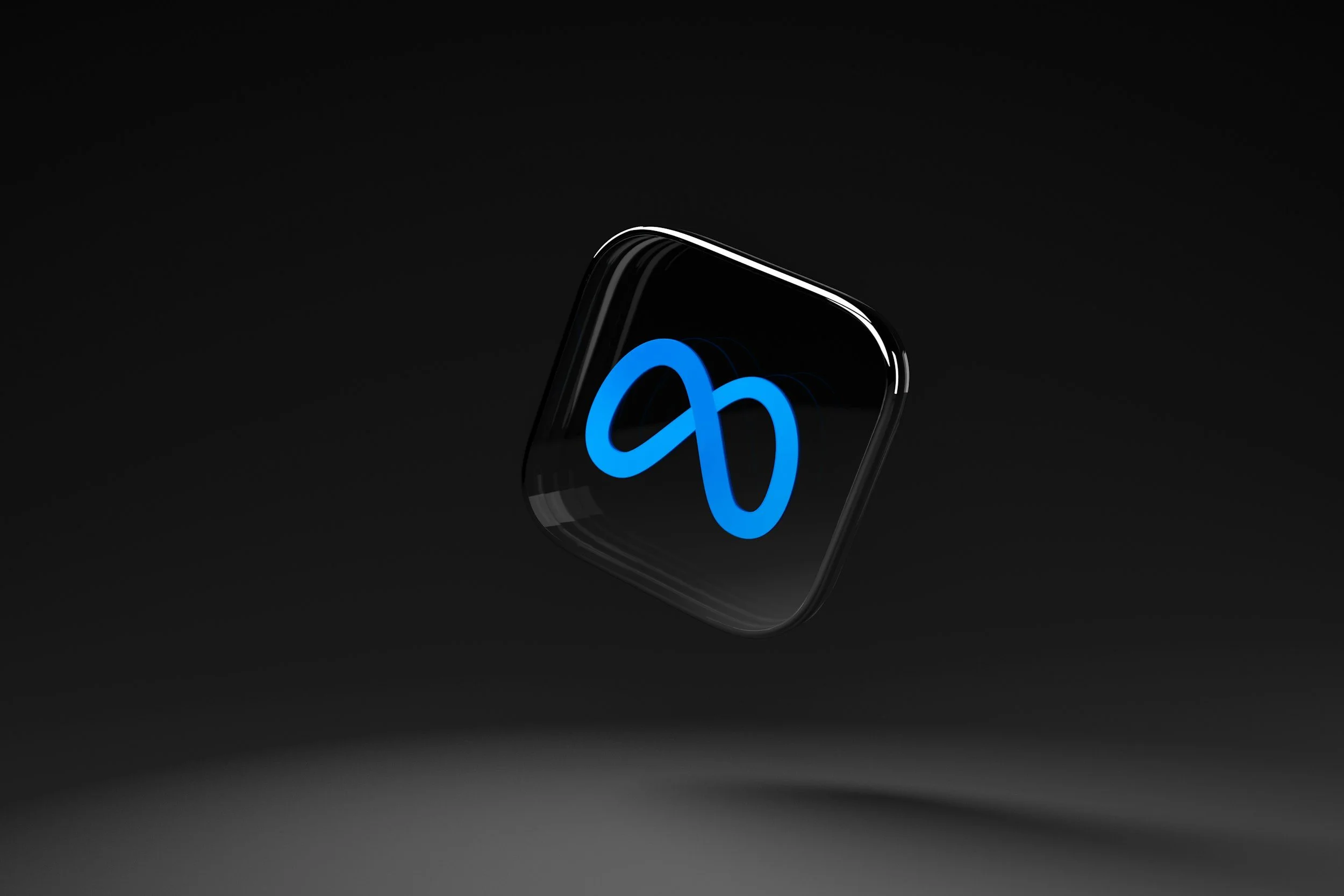Apple Faces Federal Lawsuit Over iPhone 16 AI Advertising Claims
Image Credit: Amanz | Splash
A recent federal lawsuit against Apple has spotlighted the challenges of marketing artificial intelligence in consumer technology. The case, centered on the iPhone 16’s promotional campaign, alleges that Apple falsely advertised AI enhancements, particularly for its Siri virtual assistant, that were not available at launch. This legal action underscores the growing significance of AI in smartphones and raises questions about transparency in tech marketing.
[Read More: AI Pause: Why Apple's iPhone 16 Won't Launch with Apple Intelligence Features]
Lawsuit Details and Allegations
Filed on March 19, 2025, in the U.S. District Court in San Jose, California, the lawsuit seeks class-action status and unspecified damages for consumers who purchased iPhone 16 models or other devices compatible with Apple Intelligence, Apple’s AI platform. Led by California resident Peter Landsheft and represented by the Clarkson Law Firm, the plaintiffs claim that Apple’s marketing, launched in summer 2024, misled consumers by promoting advanced Siri features unavailable at the iPhone 16’s September 2024 release. Advertisements, including a September 2024 commercial featuring actor Bella Ramsey, showcased a personalized Siri capable of understanding personal context, performing cross-app tasks like finding podcasts, and checking flight statuses using data from Messages and Mail. Marketed as the first iPhone “built for AI”, the iPhone 16 campaign generated significant consumer excitement. However, Apple announced on March 7, 2025, that these features were delayed until at least 2026, violating California’s Unfair Competition Law, False Advertising Law, and Consumers Legal Remedies Act. The plaintiffs argue that Apple knowingly advertised undelivered capabilities, deceiving buyers who paid premium prices expecting immediate AI functionality.
The lawsuit hinges on Apple Intelligence’s role as a key differentiator in a competitive AI landscape. By emphasizing Siri’s transformative capabilities, Apple aimed to position the iPhone 16 against rivals like Google and Amazon, whose AI assistants offer advanced features. The Bella Ramsey ad, widely aired across television and social media, created a “clear and reasonable consumer expectation” of immediate functionality, per the lawsuit. The plaintiffs contend that Apple’s continued promotion after delays became evident exacerbated the deception, potentially giving it an unfair market advantage.
[Read More: Apple Faces AI Setbacks Amid Leadership Shifts, Delays and Budget Constraints]
Apple’s Response and Strategy
Apple responded to the March 7, 2025, delay announcement by pulling the Bella Ramsey advertisement from YouTube and adding website disclaimers, clarifying that Siri’s personal context understanding, onscreen awareness, and in-app actions are “in development” for a future update, likely tied to iOS 19 in 2025 or 2026. On March 20, 2025, the company reassigned Siri’s oversight from AI chief John Giannandrea to Mike Rockwell, creator of the Vision Pro headset, to accelerate development. While Apple has not commented publicly on the lawsuit, these actions suggest an effort to address consumer backlash and legal risks.
Removing the Ramsey ad and adding disclaimers reflect Apple’s attempt to limit exposure to misrepresentation claims, though the lawsuit notes that some summer 2024 marketing materials remain unaddressed, potentially complicating its defense. The leadership change signals internal urgency to close the gap with competitors, as Apple’s slower AI progress has drawn scrutiny from analysts like Benedict Evans. Rockwell’s appointment, leveraging his experience with innovative hardware, indicates a strategic push to deliver on Apple Intelligence’s promises, particularly ahead of WWDC 2025, where new software updates are expected.
Broader Implications for AI Marketing
The lawsuit highlights the risks of marketing AI features amid rapid industry competition and unpredictable development timelines. AI, driving smartphone features like voice assistants and personalized recommendations, is a key consumer draw. However, overpromising capabilities that are not yet ready can erode trust and invite legal scrutiny. The Apple case may set a precedent for greater accountability, pushing companies to clearly disclose when features are in development. As competitors like Google, Amazon, and Microsoft advance their AI offerings, transparency in advertising will be critical to maintaining consumer confidence.
For the public, this case serves as a cautionary tale about AI marketing claims. The plaintiffs’ argument that Apple gained an unfair edge by promoting unavailable features resonates in an industry where trust shapes brand loyalty. The lawsuit could prompt regulatory scrutiny or industry standards for AI advertising, ensuring companies align promises with deliverables.
[Read More: iOS 18 to Introduce AI Emojis, Customization Features and Practical AI Tools]










